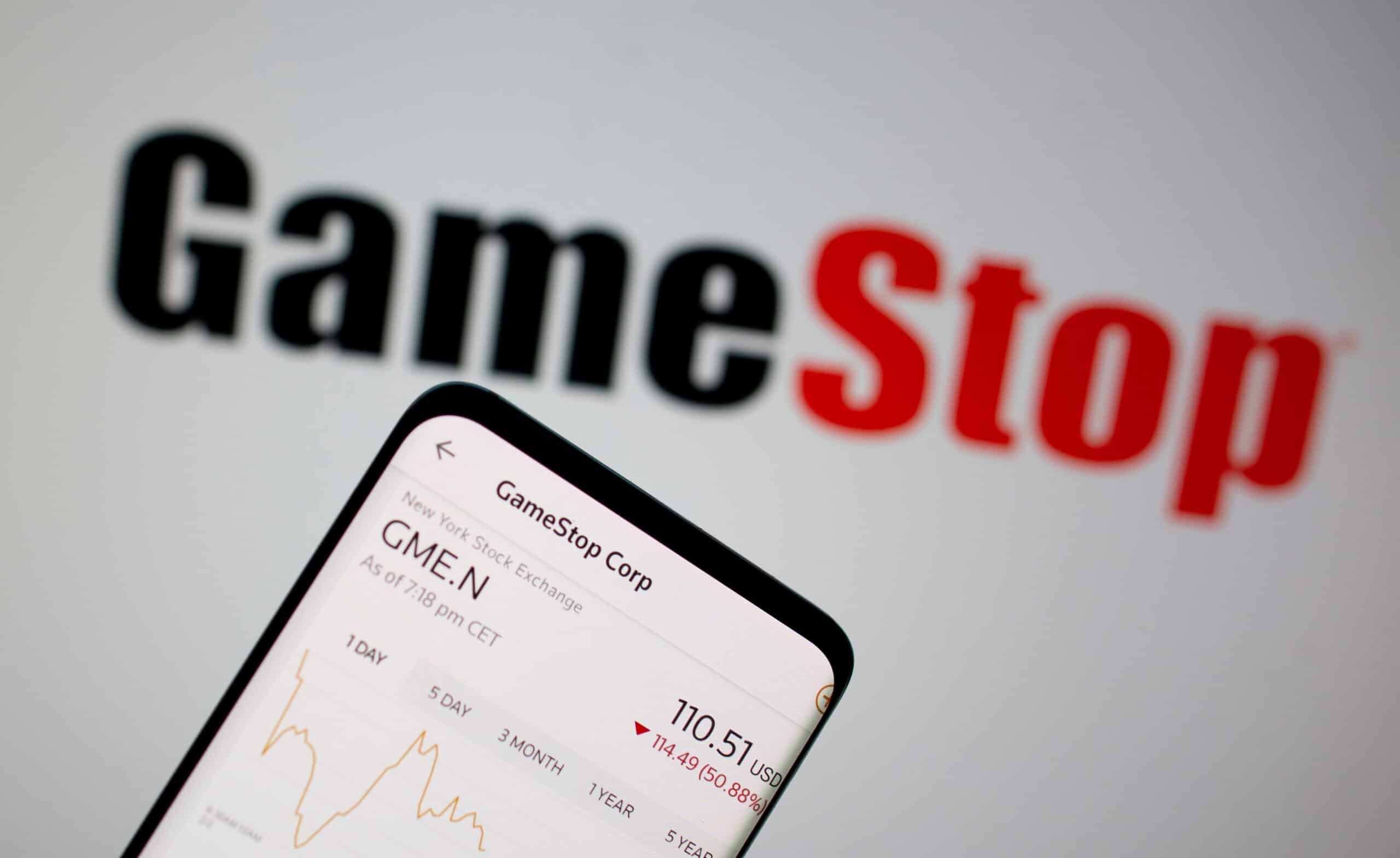Shares of GameStop Corp. (NYSE: GME) tumbles more than 18% in an after-hours trade Wednesday. This sharp decline follows the abrupt termination of CEO Matt Furlong, who had been with the company for only two years. Taking his place as executive chairman is billionaire Ryan Cohen.
Matt Furlong, formerly an executive at Amazon.com, joined GameStop in 2021. His arrival coincided with the period when the company garnered significant attention due to a “meme-stock” trading frenzy driven by social media. However, the reason behind Furlong’s dismissal remains undisclosed, as the company has yet to respond to requests for comment.
In addition, GameStop, the video game retailer, also announced that it would not hold an earnings call.
Ryan Cohen, co-founder of online pet products retailer Chewy, has been GameStop’s chairman since 2021. In addition, he holds a majority stake in the Texas-based company.
Cohen has been instrumental in driving the company’s shift towards e-commerce and has implemented significant changes in its top management, including hiring former Amazon employees.
The decision to bring in talent from Amazon has been criticized by industry analyst Michael Pachter from Wedbush Securities, who claims it demonstrates a lack of strategy. Pachter stated, “It reflects the utter lack of strategy. They wanted to ‘be like Amazon’ and hired Jenna Owens, Mike Recupero, and Matt Furlong from Amazon in 2021.”
Jenna Owens, the former chief operating officer, departed after just seven months, and Michael Recupero, the former chief financial officer, was terminated last year.
Pachter further questioned Cohen’s ability to run a retail operation, comparing it to Elon Musk running Twitter.
In addition to these leadership changes, GameStop has also reported its fourth consecutive decline in quarterly revenue, falling short of market expectations. The video game retailer posted revenue of $1.24 billion for the quarter ended April 29, which was below analysts’ average estimate of $1.36 billion according to Refinitiv. Furthermore, the company recorded a loss of 14 cents per share, exceeding analysts’ estimates of a loss of 12 cents per share for the quarter.













